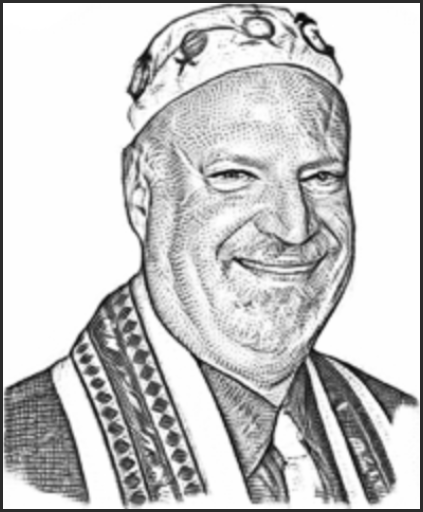By Margarita Cossuto, PhD
Many people assume feeling tired is just the cost of a busy life. But more often than not, the root of this constant exhaustion is poor sleep — not just how long we sleep, but how well we sleep.
Sleep is one of the most important ways our bodies and minds take care of themselves. While we sleep, the brain clears out what’s no longer needed, organizes memories, and resets our emotional balance. Meanwhile, the body repairs, restores, and recharges for the day ahead.
Think of sleep like a washing machine cycle. It needs time to run all the way through to really do its job. If we cut it short, it’s like pulling clothes out too early — they’re still tangled, unfinished, not quite ready. When we don’t give ourselves enough quality sleep, it leaves essential repairs incomplete, and little by little, we start to feel it — in our energy, our mood, and our health. Sleep isn’t a luxury; it’s the quiet work that keeps everything running smoothly.
The good news? Small, consistent changes can help rebuild healthier sleep and restore the energy you’ve been missing.
Why Sleep Is So Disrupted for So Many
Stress and Worry
Stress is one of sleep’s biggest enemies. When the brain stays stuck in problem-solving mode, it’s harder to shift into the deep relaxation needed for restorative sleep. A classic sign of stress-related sleep disruption is falling asleep easily but waking in the middle of the night with a racing mind.
Pain and Physical Discomfort
Chronic pain, joint stiffness, and other discomforts are major contributors to poor sleep. Even mild pain can cause tossing and turning or lighter, more fragmented sleep. Conditions like arthritis, back pain, migraines, or recovery from surgery can quietly erode sleep quality over time.
Lifestyle Habits
Late-night screen time, caffeine after noon, and irregular sleep schedules confuse the body’s natural rhythms. Even habits we think are harmless, like “catching up” on sleep on weekends, can backfire over time.
Sleep Disorders
Conditions like insomnia, sleep apnea, and restless legs syndrome are surprisingly common and often go undiagnosed. If sleep remains difficult after making healthy changes, it’s important to consult a doctor or sleep specialist.
What You Can Do to Sleep Better
Improving sleep isn’t about being perfect — it’s about creating the right conditions for rest. Here’s where to start:
Maintain a Consistent Sleep Schedule
Our brains thrive on regular patterns. Going to bed and waking up at the same time each day — even on weekends — helps strengthen your body’s internal clock, making it easier to fall asleep and wake up feeling refreshed.
Prioritize Winding Down
Protect the hour before bedtime as a true wind-down period. Turn off bright screens, avoid work and stressful conversations, and focus on calming activities like light reading, gentle stretching, or deep breathing. These small rituals signal to your brain that it’s time to sleep.
If Pain or Discomfort Are Disrupting Your Sleep
Talk to your doctor about managing nighttime pain. Adjusting pillows, using a supportive mattress, and practicing relaxation techniques like progressive muscle relaxation can make a real difference. Creating a more comfortable sleep environment helps the body relax more fully at night.
Limit Clock-Watching
Checking the clock when you wake during the night only increases anxiety. If you can’t fall back asleep within 20–30 minutes, get up, do something quiet in low light, and return to bed when you feel sleepy.
Be Thoughtful About Naps
Naps can be helpful, but if you’re struggling with nighttime sleep, long or late-afternoon naps can interfere. Keep naps short — about 20–30 minutes — and earlier in the day if possible.
If Sleep Problems Persist
If healthy changes aren’t enough, seek help. Sleep disorders are common and getting a diagnosis can open the door to treatments that truly help. Cognitive Behavioral Therapy for Insomnia (CBT-I) is a research-backed approach that helps retrain sleep patterns, often without medication.
Final Thoughts
Feeling tired all the time isn’t inevitable — and it’s not something you just have to accept. Good sleep is essential for physical health, emotional well-being, and everyday energy.
Often, it’s the small changes that make the biggest difference over time. If sleep remains a challenge, know that effective help is available.
You deserve a life that feels sustainable — not just surviving the day but waking up restored and ready to live it fully. And it all starts with sleep.
Margarita Cossuto, PhD, is a licensed clinical psychologist and the founder of Journey to Thrive Psychology in Westport, CT. She is passionate about helping adolescents and adults improve their sleep, manage anxiety and and create sustainable habits for long-term well-being.



